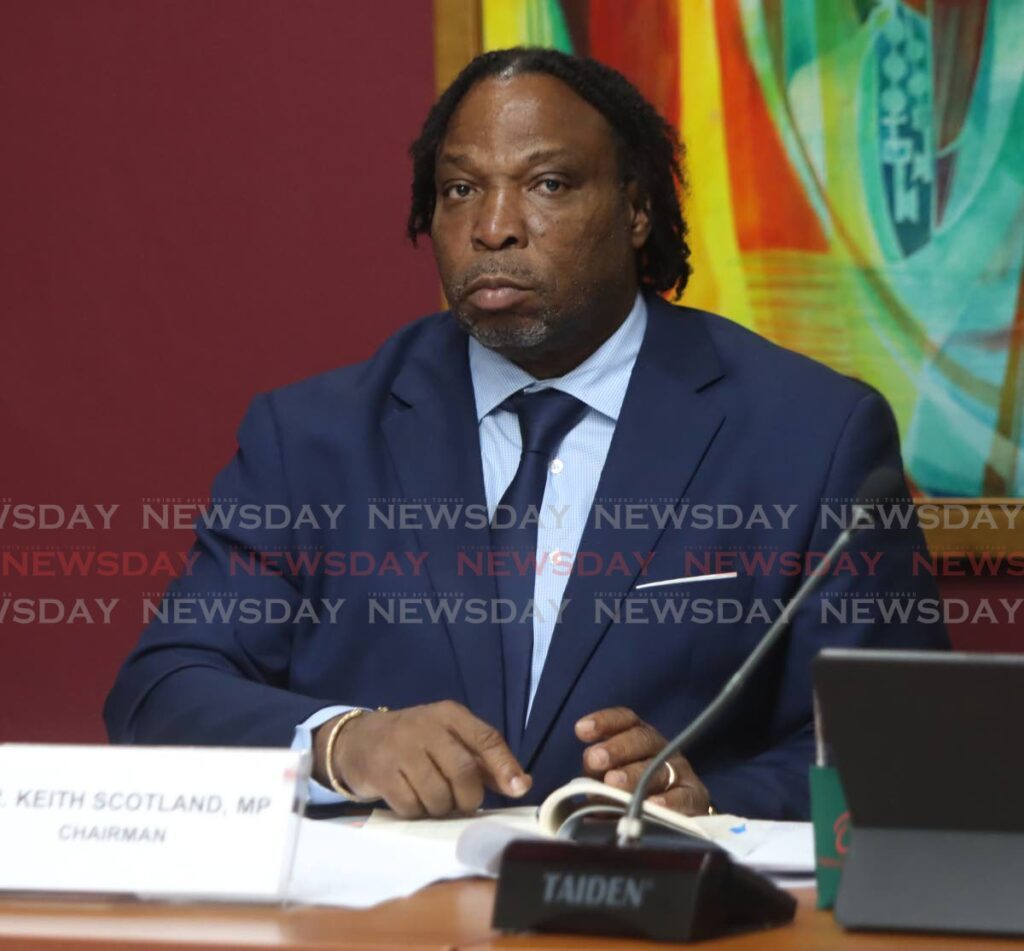The true legal costs

THE EDITOR: I have recently seen the issue of legal fees being reported and discussed in and out of Parliament. In the mid-year review it surfaced as a key topic of debate.
While the Opposition continued to raise concerns about the cost of legal fees to the State, what was even more notable to me was the revelation that this increasing cost is directly related to defending continuous and ceaseless legal challenges mounted against the State by opposition and UNC-affiliated activists, agents and attorneys.
Government MP Keith Scotland recently revealed that over $14.6 million had been expended to defend the Government’s actions during the covid19 pandemic, when opposition-affiliated activists and attorneys continuously engaged in legal challenges against measures imposed to maintain health and safety.
It was revealed that in all of these losing cases the taxpayers were out of pocket, health workers, already strained during the pandemic, would have had their efforts diverted from lifesaving activities, and only the attorneys would have benefitted from this fruitless endeavour.
These, often termed frivolous legal challenges, not only cost taxpayers money, but tend to delay the implementation of much needed projects and stymie economic development in areas that need it the most.
Take the case of the Cumuto to Manzanilla highway extension, which is designed to not only expand our transportation infrastructure, but to open a vast economic space for one of the lower income regions in this country. Construction commenced in 2017 and almost immediately a legal challenge was mounted with works being halted.
The attorney in the matter, former UNC attorney general Anand Ramlogan, pursued the case up to the Privy Council, not only losing the matter but delaying this project by years. Again, taxpayers paid the price in legal fees and delayed development.
The implementation of the Revenue Authority, which can improve revenue collections and potentially see an additional $3 billion earned annually, according to the Minister of Finance, is just the latest in a long list of government initiatives hitting the stumbling block of legal challenges.
Represented by Ramlogan and UNC Senator Jayanti Lutchmedial and losing the matter in the Appeal Court, the claimants have opted to take this matter to the Privy Council. With implementation now delayed by at least two years, what is the true cost of this legal action in terms of revenue foregone during our tight financial circumstances?
These are only a couple of many examples I have found where losing legal challenges to government policies, projects and programmes have not only cost taxpayers tens of millions of dollars in legal fees, but delayed implementation, stymied development and resulted in billions of lost revenue.
In most cases these actions are pursued by activists and attorneys with current and former affiliations with the UNC opposition.
Prime Minister Rowley has often suggested that the objective of the UNC is to make this country ungovernable by blocking progress and slowing development in every manner possible, believing that will be its ticket into office.
When I examine the UNC's conduct and outcomes as it relates to these often frivolous legal challenges, I am inclined to agree.
VYASH NANDLAL
Couva


Comments
"The true legal costs"